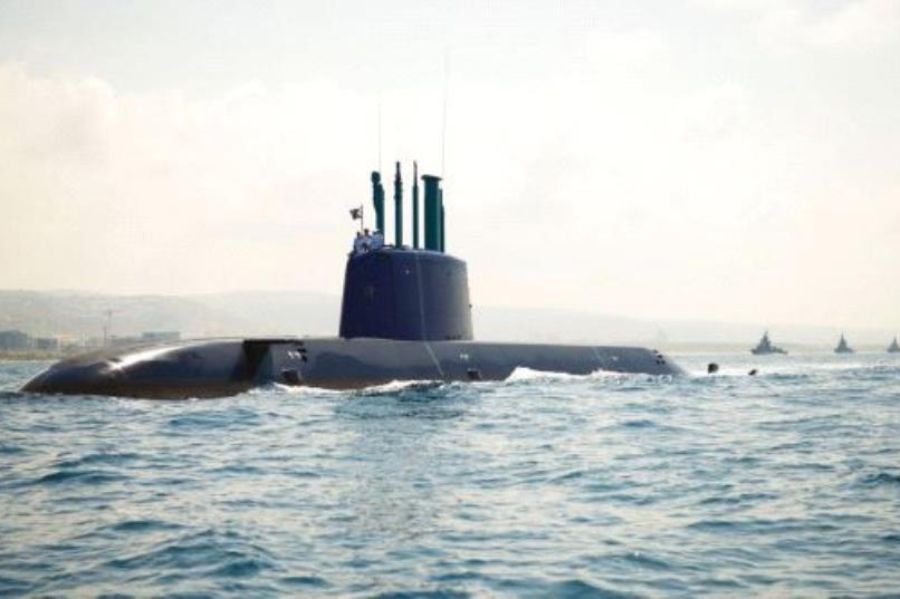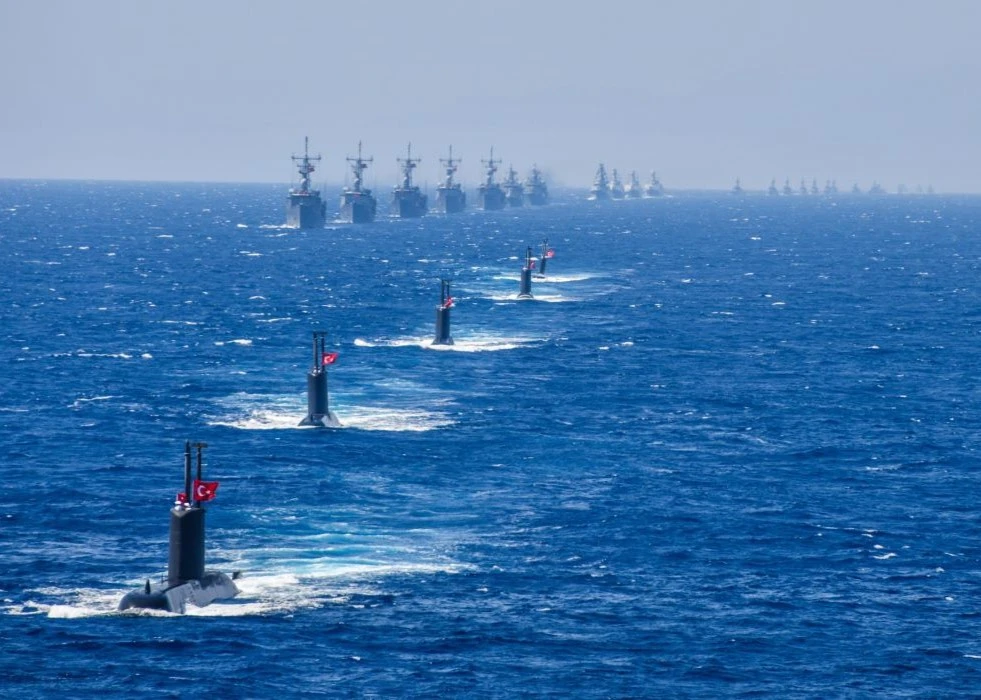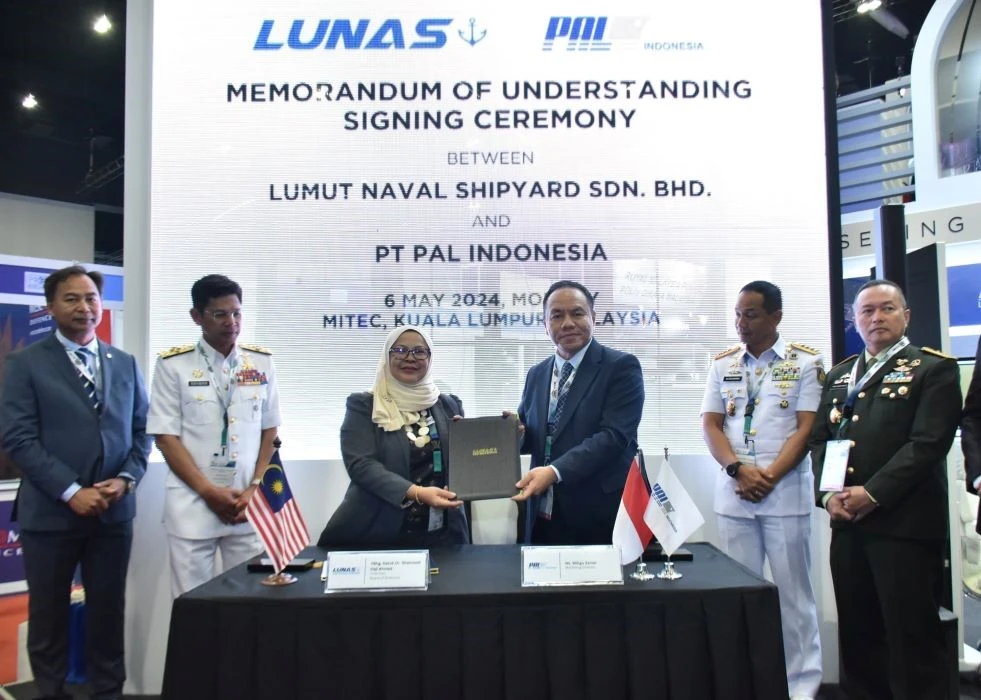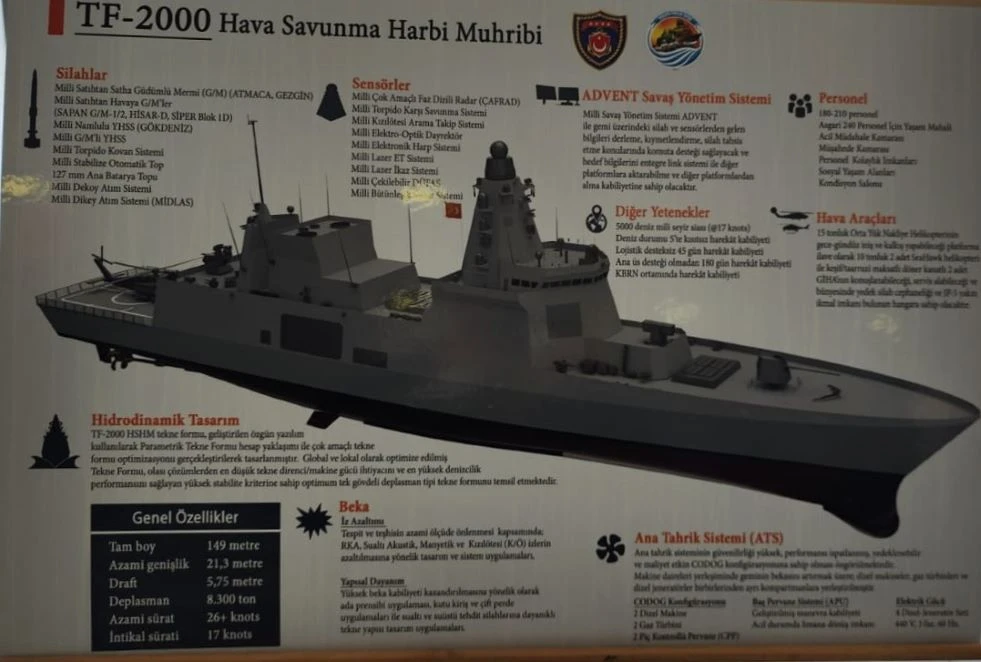Israel is ready to sign the “submarine affair,” or “Case 3000”, a three-submarine procurement deal. The issue centres on suspicions of a huge bribery scheme in Israel’s multibillion-shekel purchase of submarines and big missile ships from the German shipyard ThyssenKrupp Marine Systems. Several people engaged in the transaction have been summoned in connection with the scandal, including close confidants of then-Prime Minister Benjamin Netanyahu, who advocated for the procurement.
Prime Minister Naftali Bennett, Foreign Minister Yair Lapid, Defence Minister Benny Gantz, Finance Minister Avigdor Liberman, Justice Minister Gideon Sa’ar, and Interior Minister Ayelet Shakedof met on Sunday to negotiate a contract to purchase three Dolphin-class submarines from Germany.
According to Walla News, the ministerial committee in charge of defence procurement convened on Sunday to examine the purchase of three Dolphin-class submarines, which Berlin authorised in 2017.
According to the article, the committee addressed the agreement and the budget for their acquisition. The submarines are expected to cost €1.5 billion, with the German government covering one-third of the cost.
According to Haaretz, Bennett’s decision to postpone a cabinet vote on forming a state commission of investigation into the submarine incident motivating concerns that the submarine purchase contract may be cancelled.
However, unnamed sources familiar with the deal told the newspaper that the signing of the new agreement, which could happen as soon as this week, could pave the way for Israel to establish the state commission of inquiry into the affair because Germany has indicated that the sale can proceed even if the investigation reveals prior corruption.
After the acquisition had been halted by an Israeli inquiry into suspected corruption and kickbacks to clinch the contract, Germany accepted a memorandum of understanding with Israel in October 2018 to build three Dolphin-type submarines to be added to Israel’s fleet of six submarines.
According to reports at the time, the agreement included a condition stating that the sale would not move forward while the corruption probe was continuing. It also granted Germany the authority to withdraw from the transaction regardless of whether authorities discovered any illegal activity in the acquisition.

(Israel"s then Prime MinisterBenjamin Netanyahu visits similar Submarine)
Several people engaged in the arrangement have been charged with the scandal, including close confidants of then-Prime Minister Benjamin Netanyahu. The issue reportedly included Germany’s sale of two Dolphin-class submarines and two anti-submarine warfare ships to Egypt, which Netanyahu allegedly authorised without discussing or informing then-defence minister Moshe Ya’alon or then-IDF chief of staff Gantz. Germany had long provided Israel with an unofficial veto over such deals.
In October, the state prosecutor notified the High Court of Justice that it saw no reason to initiate a criminal investigation into Netanyahu’s behaviour in the affair.
The agreement on the current purchase included terms allowing the Germans to get out of the contract if the suspicions about the previous acquisitions were confirmed.
However, in her final days in office, German Chancellor Angela Merkel became involved to prepare the transaction’s groundwork even after her successor, Olaf Scholz, joined the office in December. Once an agreement is finalised, it is believed that the Israeli government would approve the formation of a state commission of investigation investigating the previous submarine transaction. According to officials, Germany has made it plain that, despite previous remarks, it would not move to revoke the current transaction — even if an official probe into the original acquisition is subsequently proved to be compromised by corruption.














